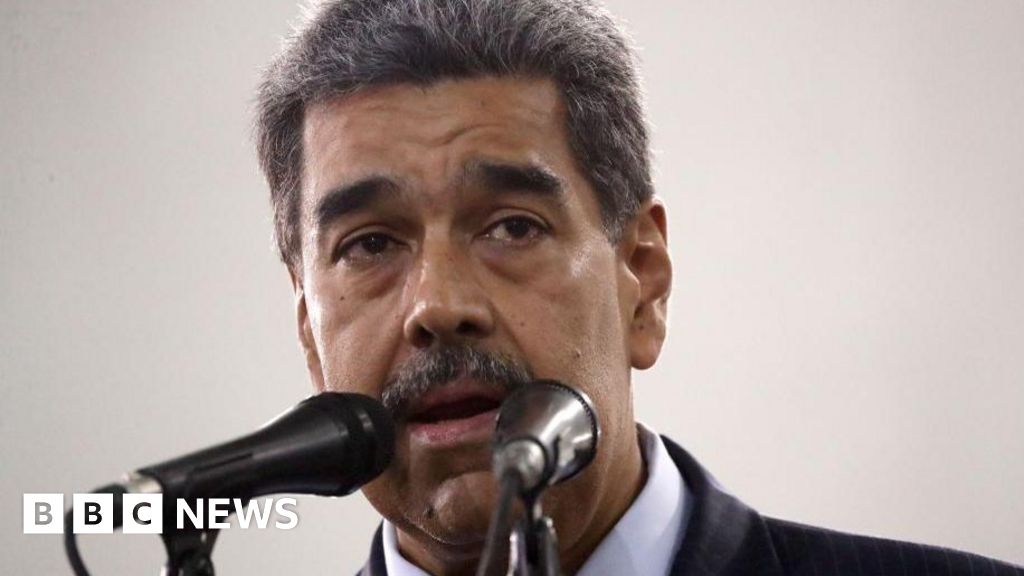Venezuelan President Nicolás Maduro insists his party is ready to release all vote counts in the country’s disputed election after election observers said the election “cannot be considered democratic”.
The National Electoral Council (CNE) declared Maduro the winner, sparking two days of protests, and the country’s opposition said vote counts showed its candidate Edmundo González had won by a wide margin.
Protest-related violence has left at least 11 people dead and dozens more injured, NGOs said.
Maduro told reporters on Wednesday that the reason his government was not announcing the election results was because the electoral commission’s website had been “hacked.”
He also claimed that he had “evidence” that opposition leader Maria Corina Machado was behind the “violence”.
He claimed protesters were “attacking” the constitution and asked the Supreme Court to take action that could pave the way for more mass arrests of opposition figures or protesters.
Earlier on Wednesday, the Carter Center in the United States, which was invited by Venezuelan officials to monitor Sunday’s presidential election, said it could not “verify or corroborate the election results announced by the CNE.”
The Carter Center also said that the CNE’s failure to publish detailed results from polling stations “constitutes a serious violation of electoral principles.”
It added that the CNE “demonstrated clear bias in favor of the incumbent” [President Nicolás Maduro]” and accused CNE of “a complete lack of transparency in announcing the results.”
The opposition said it had obtained most of the receipts from electronic voting machines proving they won the election with 70% of the vote.
After the Carter Center issued its statement, it joined a number of countries and organizations that have pressured the CNE to release detailed voting data at the polling station level, including the United States, Brazil and the European Union.
The U.S. State Department said the international community has lost patience waiting for Venezuela’s electoral authorities to release complete and detailed data on the country’s elections.
The Carter Center’s statement is an embarrassment to Maduro’s government, as its observers have praised Venezuela’s electoral system in the past.
President Maduro often quotes former U.S. President Jimmy Carter, founder of the Carter Center, who said in 2012, “Of the 92 elections we have monitored, I would say the electoral process in Venezuela is the best in the world.” “.
More than 1,000 people have been detained so far, Venezuela’s attorney general said, adding that two members of the security forces had died during the protests.
Ms Machado urged her supporters to remain peaceful even if provoked by the government and its allies.
On Tuesday, National Assembly leader Jorge Rodriguez, a close ally of President Maduro, called for the arrest of Ms Machado and Mr González, accusing them of leading a “fascist conspiracy”.
Costa Rica’s foreign minister later offered political asylum to Ms Machado and Mr Gonzalez, saying the Costa Rican government “had been informed of the arrest warrants for the two men”.
Ms Machado thanked the Costa Rican government but said she had a “responsibility to continue this fight with the people”.

